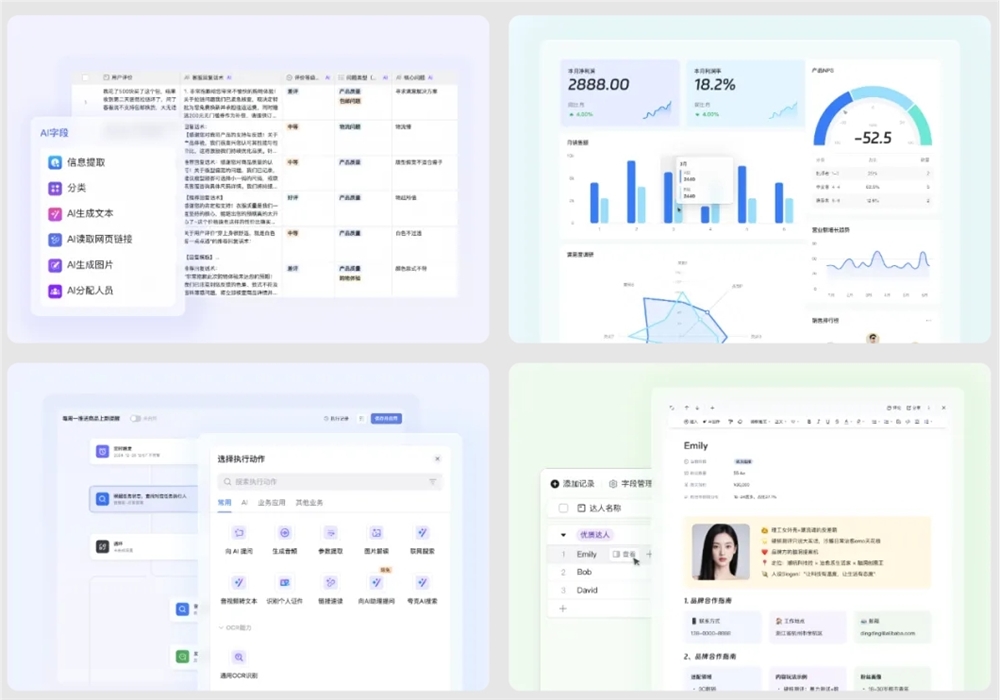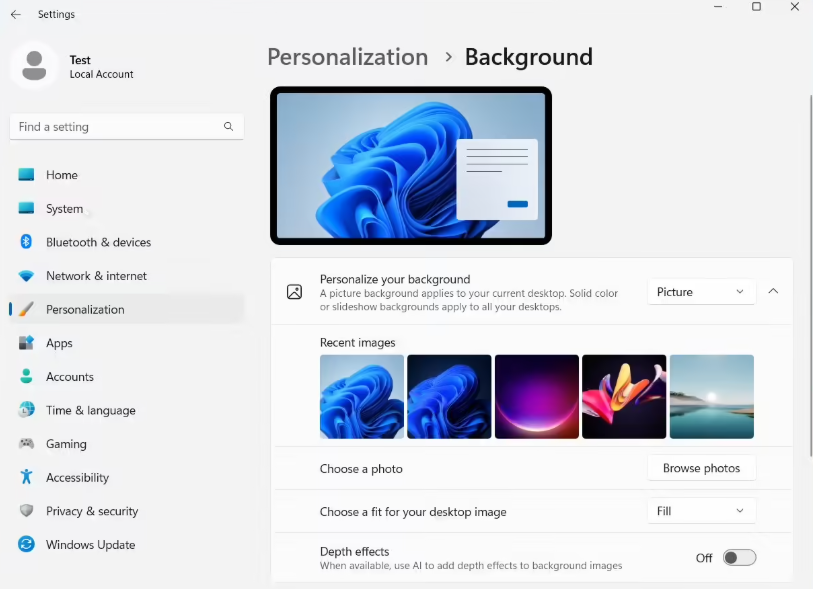Escalating Cooperation Tensions According to the latest report from *The Wall Street Journal*, the strategic partnership between two major players in the artificial intelligence (AI) sector, OpenAI and Microsoft, is facing severe challenges. Disagreements over core issues such as equity structure, technical control rights, and commercial strategies have continued to widen, with senior executives at OpenAI beginning to discuss the possibility of filing an antitrust complaint with regulators. This "nuclear option" could threaten their strategic partnership, which has been in place since 2019.
Controversial Focus - **Equity and Control**: OpenAI hopes to transition from a non-profit organization to a for-profit company, but Microsoft demands a larger equity stake in the new entity - **Exclusive Technical Rights**: Microsoft insists on maintaining priority access and exclusive sales rights to OpenAI's technology - **Commercial Competition**: The two parties are already direct competitors in the AI product market, including enterprise-level AI solutions - **Acquisition Disputes**: A new dispute has arisen over the acquisition of AI startup Windsurf and the ownership of intellectual property
Faltering Foundation of Cooperation Sources say the core issue in the current deadlock lies in OpenAI's desire to reduce its reliance on Microsoft Azure cloud services. Microsoft's cloud services currently handle the majority of OpenAI's AI computing needs, supporting products like ChatGPT. If the cooperation breaks down, OpenAI may face a funding gap of up to $2 billion.
It is worth noting that Microsoft has already invested more than $1.3 billion in OpenAI and enjoys a 49% profit-sharing right. However, the agreement stipulates that Microsoft's return on investment will be restricted until OpenAI achieves specific profitability targets.
Potential Impact Analysis 1. **Industry Landscape**: If the cooperation falls apart, it may reshape the global AI industry competitive landscape 2. **Regulatory Attention**: OpenAI's potential antitrust complaint could trigger regulatory scrutiny of tech giants' competition in the AI field 3. **Market Reaction**: Investors may reassess the cooperative model between AI startups and tech giants 4. **Technological Development**: The collaborative effect on large language model research may be affected
Official Statements and Prospects Despite clear differences, both sides stated in a joint statement that "the cooperation remains productive" and expressed optimism about future collaboration. Industry analysts point out that given the degree of mutual dependence, the two parties may eventually reach a compromise, but the terms of cooperation may undergo significant adjustments.
This top-level AI player negotiation occurs at a critical time when global AI regulatory frameworks are forming. Its outcome may have far-reaching impacts on the development of the AI industry. As the EU AI Act takes full effect in July, the negotiation process between the two parties may become even more complex.










